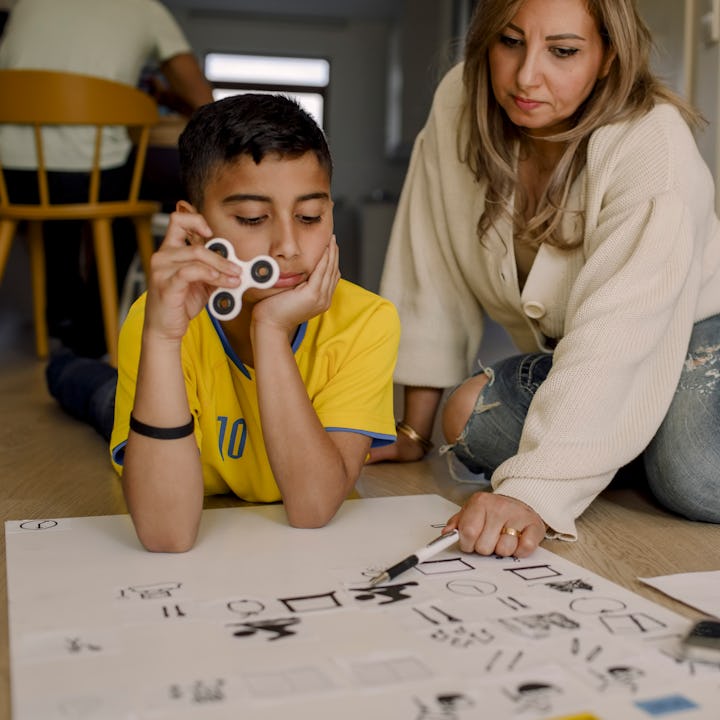1 In 30 American Children Have Autism
According to the latest data, 3.49% of kids and teens in the U.S. are living with Autism Spectrum Disorder.

The number of children in the U.S. living with Autism Spectrum Disorder is on the rise, and increasingly so.
A new study published in JAMA Pediatrics found a 52% increase in Autism Spectrum Disorder (ASD) diagnoses among children and teens in the U.S. between 2017 and 2020. The new study from public health researchers at Guandong Pharmaceutical University in China claims that 1 in every 30 kids has ASD, which the National Institute of Mental Health describes as “a neurological and developmental disorder that can affect how people interact with others, communicate, learn, and behave.”
The researchers looked at data from the annual National Health Interview Survey, which is conducted by the CDC. The data shows that an increase in autism diagnoses have risen gradually since 2014. There was a small dip between 2016 and 2017, but then cases trended upward again. In 2014, 2.24% of children and teens were diagnosed with ASD. By 2020, that figure increased to 3.49%.
The study also suggests that boys in the U.S. are more likely to be diagnosed with ASD than girls, with about 4.64% of boys being diagnosed and 1.56% of girls receiving the same diagnosis.
There is no one, definitive test for ASD, which also sometimes makes diagnosing it difficult. Doctors need to look at a child’s developmental and behavioral history in order to assess whether or not a child or teen has ASD. There are a variety of symptoms and signs linked to ASD, like avoiding eye contact, misunderstanding emotional cues, and obsessive behaviors or interests, to name a few.
While the study itself did not speculate about the potential causes for such a spike, experts believe that the increase is linked to greater awareness surrounding ASD in both the medical and general communities. With better screening tools and an inclusion of cases with milder symptoms, it is natural that more children would be diagnosed.
The CDC also notes that diagnosing kids “as early as possible” will “make sure children receive the services and supports they need to reach their full potential.” Parents who suspect their child might have autism can get a diagnosis at as early of an age of 18 months.